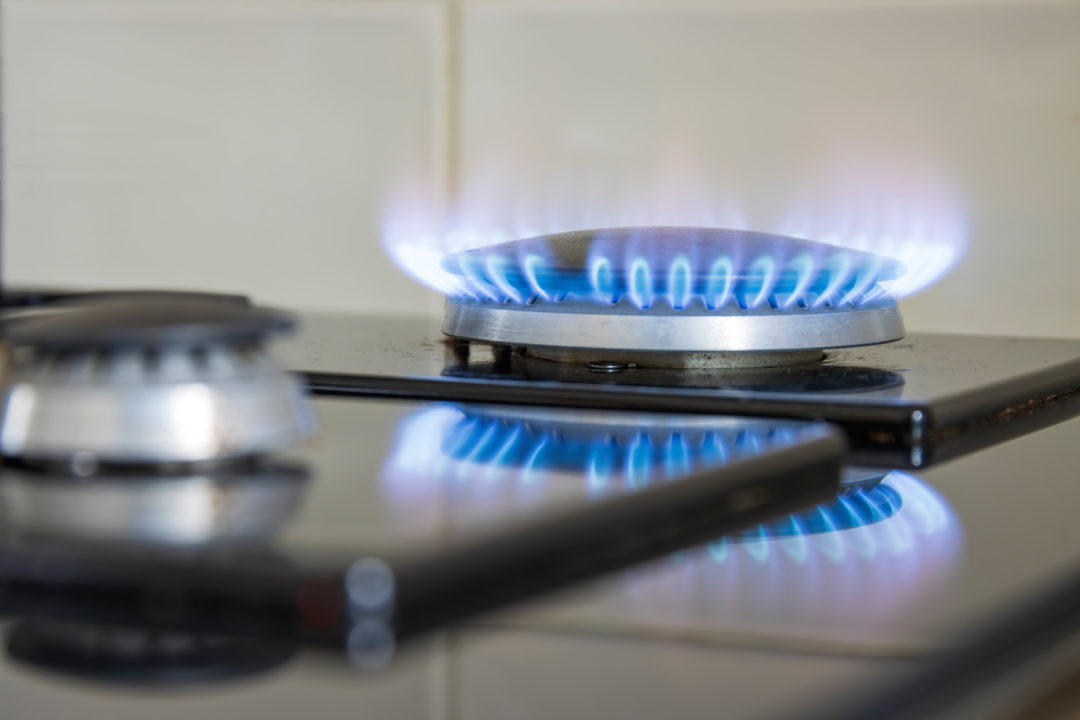Natural gas is a clean and efficient way to provide warmth in homes and generate electricity at large power plants. It’s the world’s cleanest fossil fuel that produces only water vapor, carbon dioxide, and small amounts of nitrogen oxide when burning. Many consumer products, such as fireplaces, furnaces, stoves, and clothes dryers, are powered by gas.
When natural gas is used correctly, it’s an efficient power source that produces lesser greenhouse gases – a greener solution than all other fossil fuels. Like all energy sources, sadly, natural gas can be harmful if mishandled. Because it’s highly flammable, a natural gas leak in your home can cause fires and gas poisoning if someone inhales gas unknowingly.
To make sure that you and your loved ones remain safe at home while using gas, here are some essential safety tips on recognizing and dealing with a natural gas leak.
Learn How To Detect Natural Gas Leaks In Your Home
The appliances or pipes that power natural gas in your home can develop leaks that can lead to potentially adverse effects. You must identify natural gas leaks and know what steps to take if there are one. Below are the signs of a natural gas leak, and you should contact 911 immediately if you’re exposed.
The Smell Of Rotten Eggs
Natural gas is odorless and colorless in its natural state. Companies add chemicals to make it easier to detect gas leaks. These chemicals, called odorants, make the gas smell like rotting eggs or Sulphur.
Hissing Sounds
Large gas leaks in appliances or pipes might produce a hissing sound even when the appliance is turned off. You should check appliances and pipes regularly and check for hissing sounds.
Air Bubbles Outside Your House
The natural gas piping that’s outside your home can have leaks. If you notice air bubbles in the puddles, standing water, or mud outside your home, it could be natural gas from the soil and into the surrounding air. Experts like this provider can help you.
Dead Or Dying Plants
If you notice dying plants outside or inside your home, then it’s a probable sign of a gas leak. Natural gas prevents plants from absorbing oxygen through their roots. The other symptoms you should watch out for in plants include wilted plants, smaller than normal leaves, or yellowish patches on grass.
Physical Symptoms Of Gas Poisoning
High levels of gas exposure can lead to natural gas poisoning with signs like fatigue, dizziness, headaches, irregular breathing, and nausea. Exposure to natural gas can also lead to loss of concentration, memory loss, suffocation, and loss of consciousness.
High Gas Usage
If you’re using more than the average amount of natural gas, then that could indicate a leak. Besides the seasonal natural gas increases resulting from using the gas furnace, other spikes in gas use may suggest a natural gas leak at your home.
Preventing Gas Leaks At Your Home

It’s always important to be careful about gas leaks in your home. The following are some ways to prevent gas-related incidents at your home.
Inspect Your Appliances Regularly
The best way to prevent gas leaks in your home is to regularly inspect your gas-powered appliances and others. Ensure they’re still in good condition without any signs of wear and tear.
Check The Signs
Watch out for the signs mentioned above, and you’ll notice if there’s a potential gas leak if you start smelling gas in various parts of your home. Check if the appliances have features that seem burnt or with soot. Also, take note of the usual blue flame that natural gas typically produces.
Have Your Gas Lines Checked
To ensure that you prevent gas leaks, you should hire professionals. They’ll check your entire natural gas installation and provide you with an accurate report of the state of your gas. Call your gas company to ensure that your appliances run smoothly.
Read Your Gas Safety Documents
When natural gas appliances are correctly installed, they’ll come with official documents that indicate how to use them safely. Hiring professionals is the best way to ensure that they install and handle your appliances with expertise to prevent future gas leaks.
Turn Off The Gas Supply If You Detect A Leak
Make sure you know where your gas meter is before any emergency arises. This is the place you’ll shut off the gas supply in case you suspect a gas leak.
Final Thoughts
Natural gas leaks can be deadly; paying attention to smells, sights, and sounds related to gas leaks is vital. The best way to prevent a natural gas leak is to hire professionals trained to fix gas leak issues in an expert manner. These contractors will ensure your family is safe from gas leak hazards. They’ll professionally inspect your home and provide specific details about what you should watch out for.




